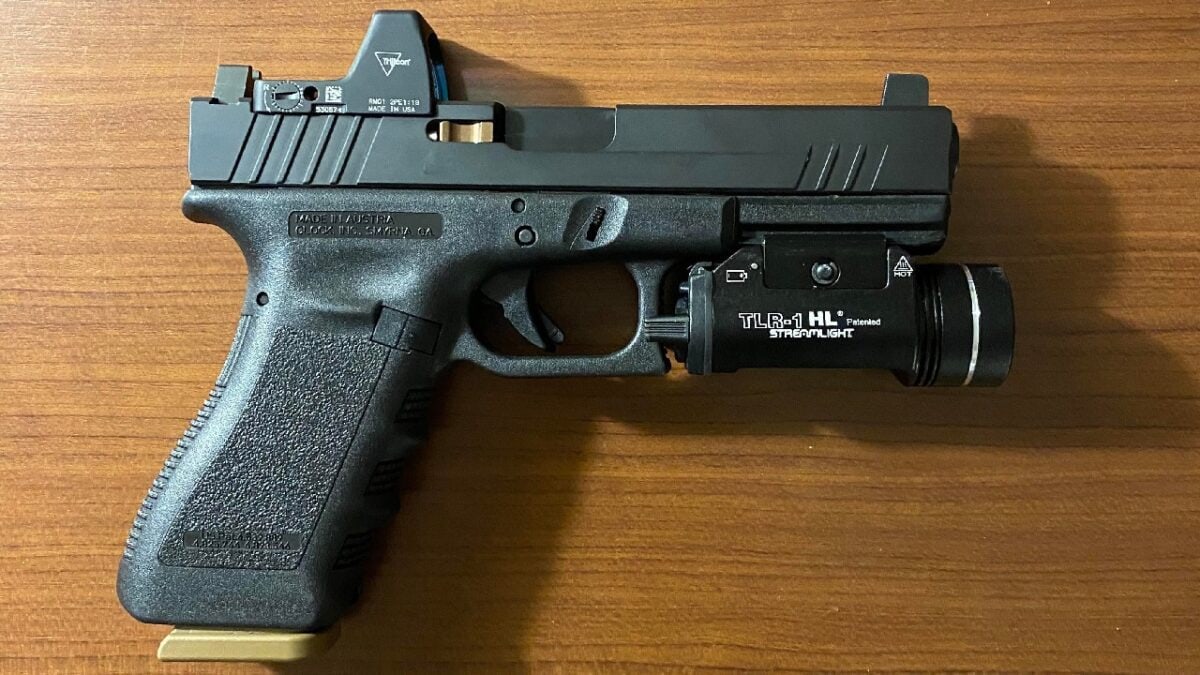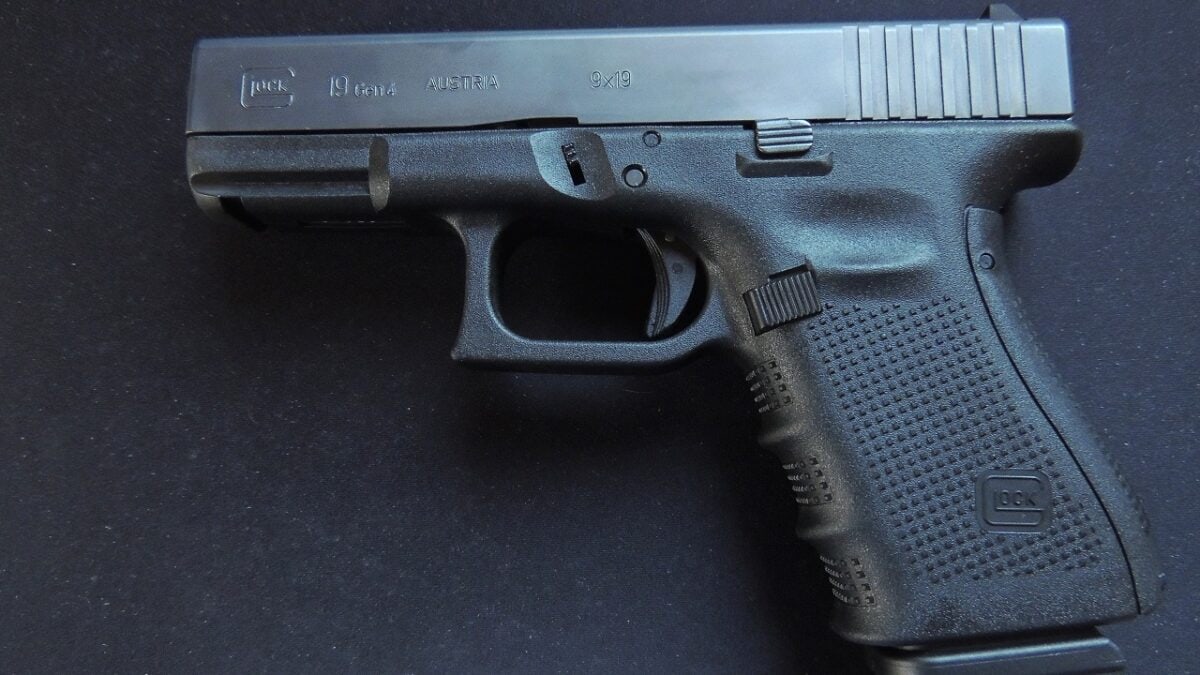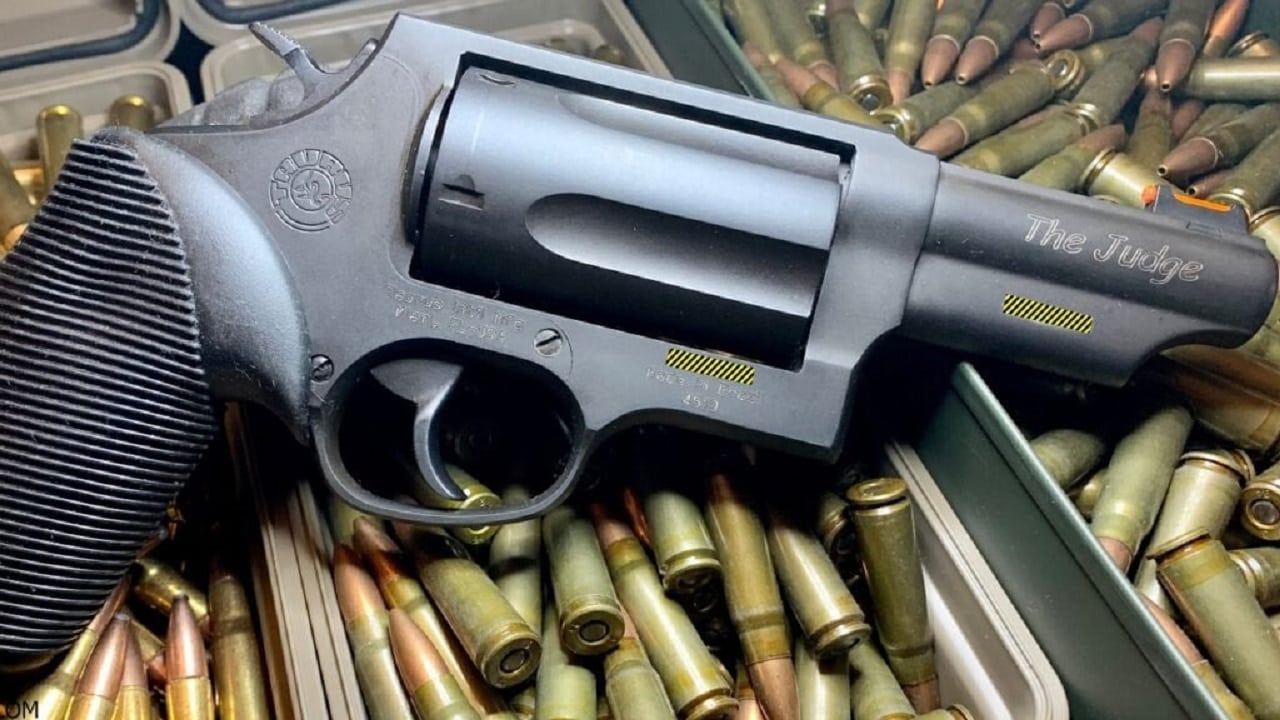Former President Barack Obama often tried to show his support of the Second Amendment by suggesting that he wouldn’t seek to limit the rights of sportsmen. Likewise, President Joe Biden has questioned the need for high-capacity firearms magazines, pondering (more than once) “you think the deer are wearing Kevlar vests?”
That line of thinking has often been commonplace among gun control advocates, who argue that hunters don’t need a modern sporting rifle such as an AR-15.
However, as supporters of the Second Amendment will be quick to point out – it isn’t really a hunting issue. The amendment is about the right to keep and bear arms, yet, lawmakers often seem to believe guns are simply about hunting.
In fact, most gun owners aren’t hunters, and based on the surge in firearms sales over the past few years, there is good reason to believe that even fewer gun owners are likely to ever gear up and head into the woods.
Diverse Gun Owners
The record sales of firearms in 2020 and the continued strong numbers from 2021 were driven by a surge in first-time gun buyers that included more African-Americans, Latinos, and women.
Most were more worried about personal safety and few seemed to have hunting in mind, a fact noted by the strong sales of semi-automatic guns.
According to the data from Small Arms Analytics & Forecasting, gun sales in 2021 outpaced every year except in 2020. Firearm purchases by African Americans and Latinos increased significantly in 2020, and minorities continued to buy guns at a record pace in 2021 as well.
The National Shooting Sports Foundation (NSSF), a firearms industry lobby group, also reported that African-Americans have made up the largest segment of new buyers. According to NSSF data, ownership of firearms among Black Americans increased 58.2 percent through the first six months of 2020, and the numbers remained steady in 2021 – outpacing every other demographic.
According to the National Survey of Fishing, Hunting and Wildlife-Associated Recreation, less than two percent of African-Americans in the U.S. participate in hunting and it is unlikely many of those new buyers are seeking to take up the sport.
Gun Sales: What Does It Mean For Conservation?
While there may be fewer American hunters – a fact that could be good news to Bambi and friends – those sales could still be benefitting conservation efforts. As TheConversation.com reported, “every firearm and bullet produced or imported into the U.S. is subject to an excise tax dedicated to wildlife conservation and restoration.”
In 1998, the taxes generated about $247 million in inflation-adjusted apportionments to state fish and wildlife agencies from the federal U.S. Fish & Wildlife Service. That number had increased to $829 million, and taxes on guns and ammunition continues to provide a growing share of budgets for state fish and game agencies.
The Federal Aid in Wildlife Restoration Act of 1937, commonly known as the Pittman-Robertson Act, was introduced to put a tax on hunting supplies to support the agencies that manage the nation’s wildlife. Yet, the number of hunters declined from a peak of 17 million in 1982 to just 11.5 million in 2016 – and is likely further on the decline. Moreover, only about one in eight gun owners actually hunted in 2016, and that number is also likely on the decline.

Image of Glock 17. Image Credit: Creative Commons.

5 Best Guns for Concealed Carry Would Surely Include This Glock 19. Image Credit: Creative Commons.

Glock 19. Image Credit: Creative Commons.
Where the issue becomes even more complicated is that there have been changes to the law, which allows the use of gun-related excise taxes to support activities with little to no connection to hunting, wildlife, or outdoor recreation. This could include birding, hiking, and backpacking, which have all been on the rise – yet those who engage in such activities don’t actually contribute to conservation.
The question has been asked in recent years if those who partake in hiking, trail running, rock climbing, and mountain biking should also be taxed to help the conservation efforts?
More likely, gun owners will continue to pay for the conservation efforts, while the participants of the other activities will likely reap the benefits.
Now a Senior Editor for 1945, Peter Suciu is a Michigan-based writer who has contributed to more than four dozen magazines, newspapers and websites. He regularly writes about military hardware, and is the author of several books on military headgear including A Gallery of Military Headdress, which is available on Amazon.com. Peter is also a Contributing Writer for Forbes.

